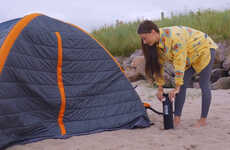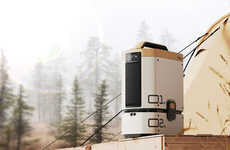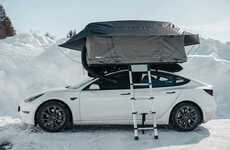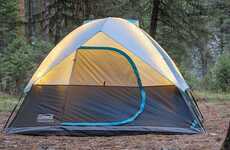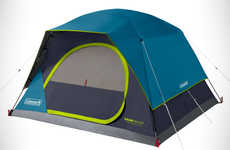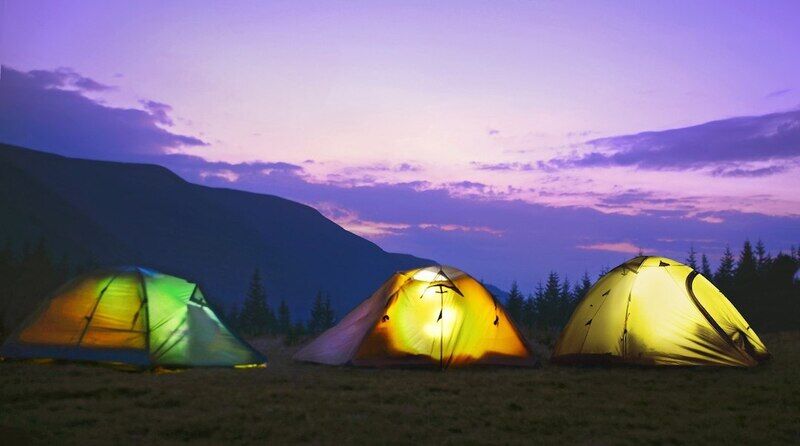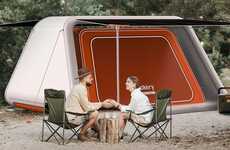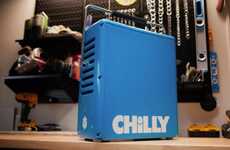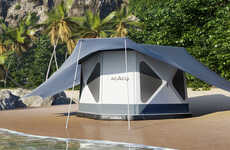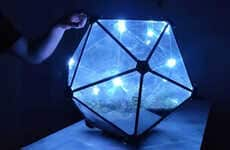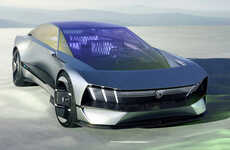
Researchers Help Keep Campers Cool with Temperature-Regulating Tents
Amy Duong — January 28, 2023 — Art & Design
References: today.uconn.edu & designtaxi
Researchers at the University of Connecticut develop a new temperature-regulating tent design as an alternative to portable fans. The tent has a liquid cooling system that helps campers keep cool during warm summer evenings. The air conditioning units are often bulky and rely on a power source throughout the night.
The new design relies on a gallon of water to regulate the temperature and with a single gallon, it is able to keep cool for 24 hours. The research conducted has determined that using a fabric made from titanium dioxide, is able to transfer water from basins attached to the base of the tent and spread it throughout the fabric. The water creates a natural cooling effect when it evaporates and drops the interior temperature to 20°F.
Image Credit: Nataliia Dubchak, Dreamstime.com
The new design relies on a gallon of water to regulate the temperature and with a single gallon, it is able to keep cool for 24 hours. The research conducted has determined that using a fabric made from titanium dioxide, is able to transfer water from basins attached to the base of the tent and spread it throughout the fabric. The water creates a natural cooling effect when it evaporates and drops the interior temperature to 20°F.
Image Credit: Nataliia Dubchak, Dreamstime.com
Trend Themes
1. Self-cooling Tents - The development of temperature-regulating camping tents without reliance on power consumption can lead to the creation of self-sustaining, eco-friendly outdoor equipment.
2. Water-based Cooling Systems - The use of water as a cooling agent could revolutionize cooling systems for not only camping equipment but also household and industrial cooling systems.
3. Sustainable Outdoor Gear - The trend towards sustainable outdoor gear can expand to include temperature-regulating equipment, making it more eco-friendly and cost-efficient.
Industry Implications
1. Camping Equipment - The development of self-cooling tents in the camping equipment industry could lead to a surge in demand for sustainable and eco-friendly camping gear and equipment.
2. Household Cooling Systems - The water-cooling systems could be implemented in the household cooling systems industry, increasing energy efficiency and sustainability while decreasing power consumption.
3. Industrial Cooling Systems - Industries that require cooling systems, such as data centers or food processing, can benefit from the eco-friendliness and energy efficiency of using water as a cooling agent.
5.6
Score
Popularity
Activity
Freshness


